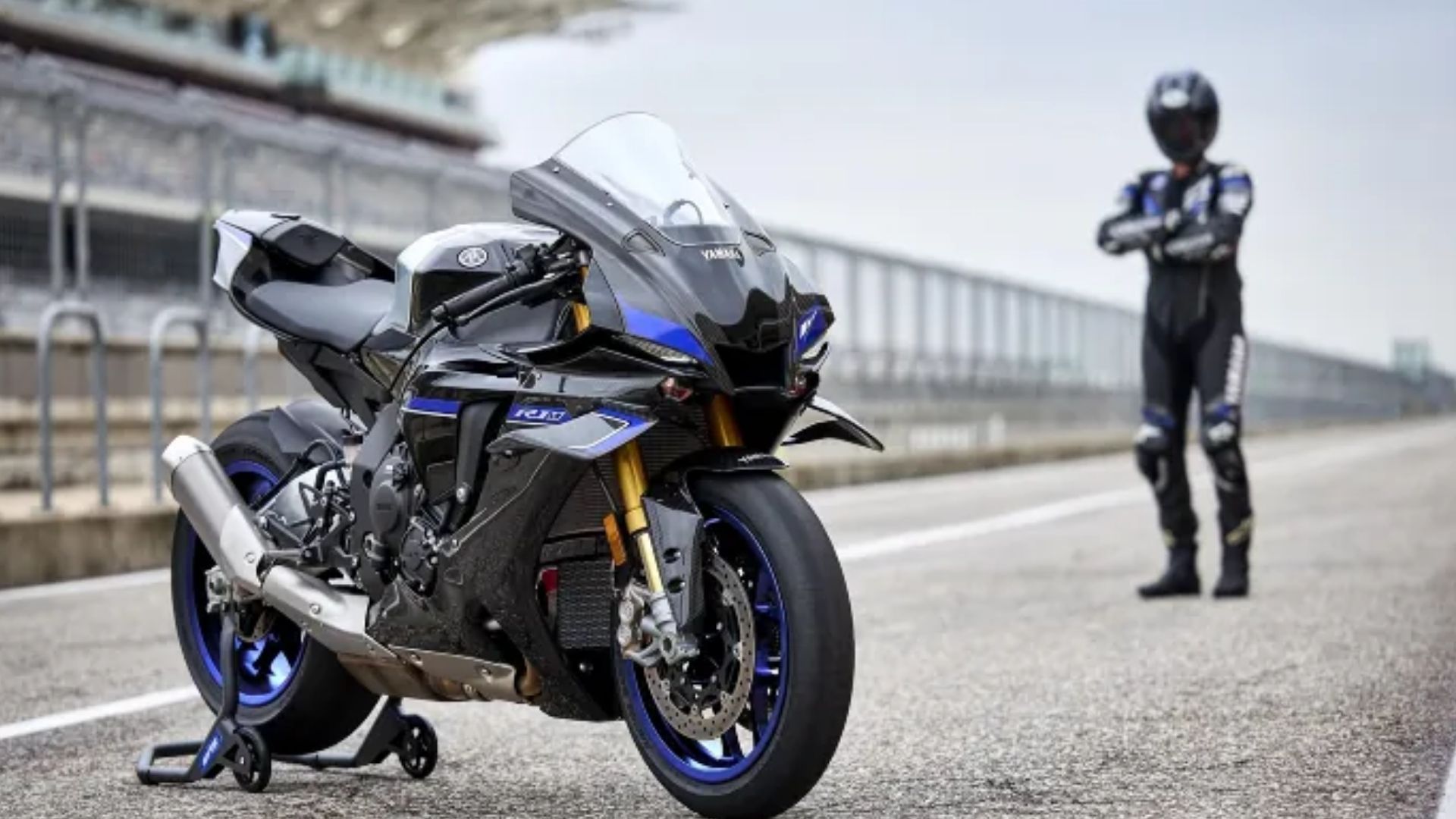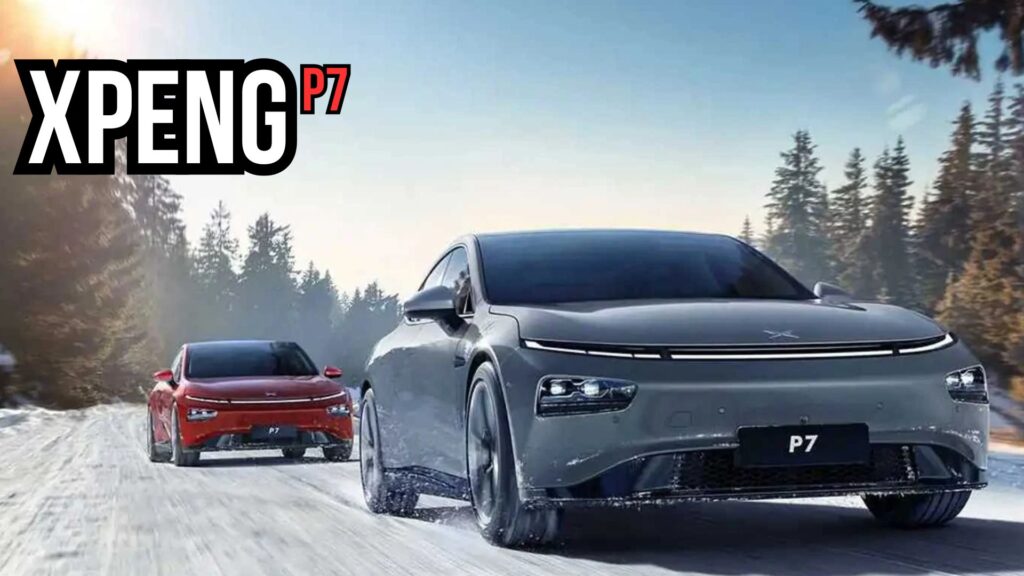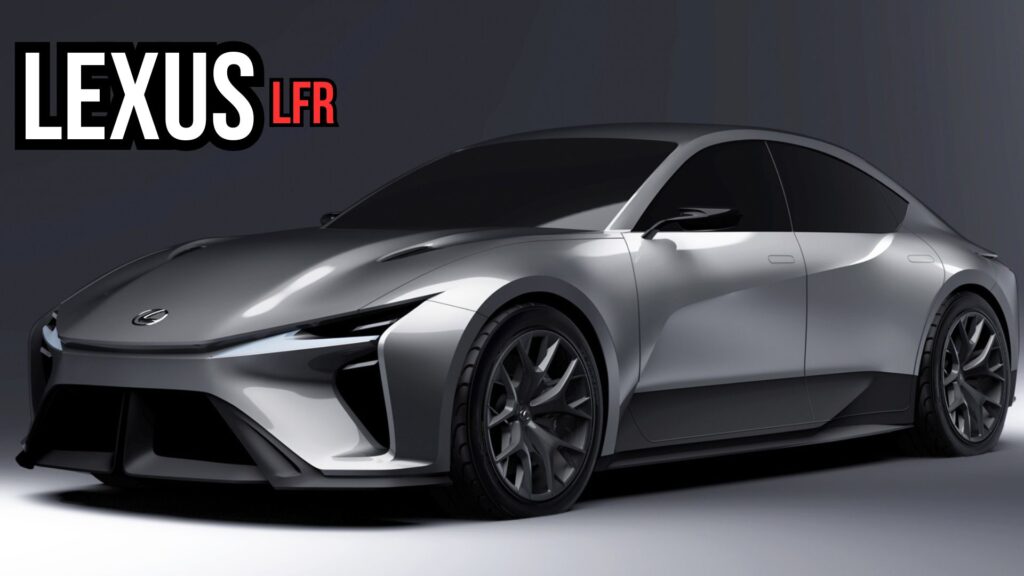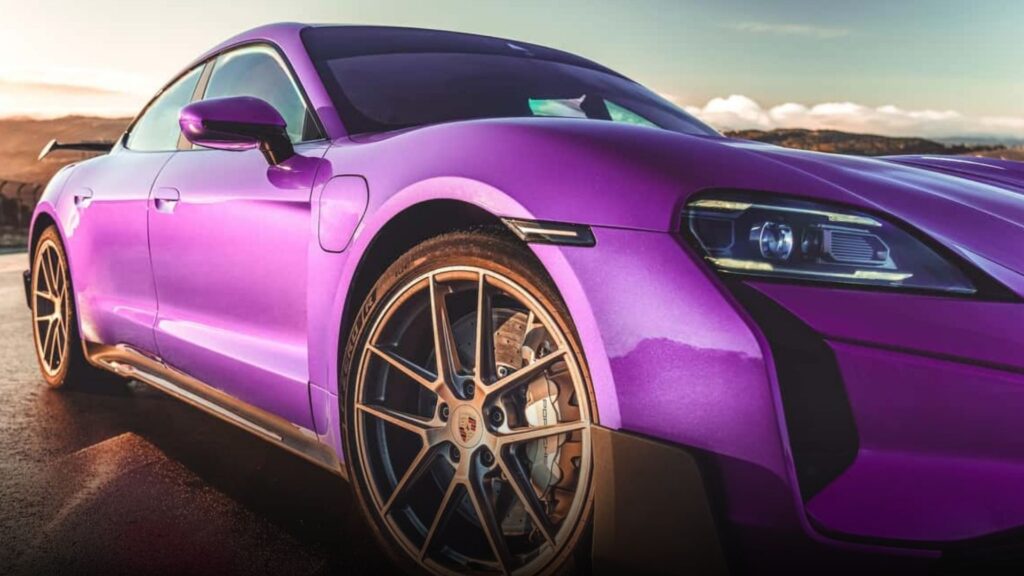The Yamaha YZF-R1 has long been one of the most iconic superbikes in the world, blending cutting-edge racing technology with road-going usability. However, in Europe, the R1 has been absent from dealerships in recent years. The reason? Stricter Euro 5+ emission regulations that the previous model could not comply with.

Now, leaked patent documents suggest that Yamaha is preparing a significant comeback for the R1. The documents not only confirm a road-legal version aimed at meeting regulatory standards but also highlight a sophisticated active aero system that could reshape how the superbike performs on the road and track. The patents indicate Yamaha’s focus on aerodynamics, emissions, and racing compliance, possibly signaling the model’s official debut at the upcoming EICMA show in Milan.
Why the Yamaha R1 Was Discontinued in Europe

The Yamaha R1, launched in 1998, revolutionized the superbike segment and quickly became a flagship model for Yamaha. But despite its global popularity, the motorcycle faced regulatory hurdles in Europe. With the introduction of Euro 5 and later Euro 5+ norms, the R1 could not maintain compliance, primarily due to exhaust emissions and thermal management challenges. Yamaha responded by offering the R1 in Europe only as a track-only motorcycle, removing it from road-legal sales channels.
Summary Table
Feature |
Details |
|---|---|
Motorcycle |
Yamaha YZF-R1 (road-legal version) |
Reason for Comeback |
Compliance with Euro 5+ norms |
Key Innovation |
Active aero with movable cooling vents |
Benefits |
Better cooling, lower drag, improved emissions control, racing homologation |
Patent Details |
Stepper motor and belt-driven vent control system |
Racing Impact |
Eligible for active aero in WSBK |
Expected Unveiling |
EICMA 2025, Milan |
Official Site |
The New Patent Leak: Active Aero Explained
The leaked patent images provide valuable insight into how Yamaha plans to revive the R1 for the European market. At the heart of the innovation lies an active aero system, seamlessly integrated into the motorcycle’s bodywork.
Movable Cooling Vents
The cooling outlets in the R1’s fairing are fitted with movable shutters that can open or close depending on real-time conditions. These shutters are controlled through a compact system of stepper motors and belts, ensuring low weight and minimal added cost.
Smart Sensor Integration
Yamaha’s design relies on multiple sensors that monitor parameters such as:
-
Coolant temperature
-
Catalyst temperature
-
Outside air temperature
-
Throttle position
-
Vehicle speed
All this data is sent to an onboard control unit, which then adjusts the vent openings dynamically.
How It Works
-
At low speeds: The vents can remain open to improve cooling efficiency and help catalytic converters reach optimal operating temperature faster.
-
At high speeds: The vents close, streamlining airflow and reducing drag, allowing the motorcycle to achieve higher performance with less power consumption.
Benefits of the Active Aero System
Emissions Compliance
By managing thermal performance more effectively, the R1 can ensure catalytic converters operate efficiently, helping the motorcycle comply with Euro 5+ emission norms.
Performance Enhancement
The reduced drag at higher speeds translates into better acceleration, higher top speed, and improved fuel efficiency.
Racing Adaptability
The inclusion of active aero is also strategically important for Yamaha’s presence in the World Superbike Championship (WSBK). Regulations allow the use of active aerodynamics on race bikes only if their production, road-legal counterparts also carry them. This means Yamaha can transfer the exact aero technology from the road-going R1 into its WSBK machines.
What the Patent Suggests About Design
The leaked designs reveal more enclosed side fairings than previous models, ensuring smoother airflow around the motorcycle. This suggests Yamaha is focusing not only on emissions compliance but also on advanced aerodynamics for both road and racing applications.
Expected Launch at EICMA 2025
The timing of the patent leak strongly hints at an official unveiling during EICMA 2025 in Milan, one of the largest motorcycle shows in the world. If true, the launch will mark a major milestone for Yamaha as it revives a legendary model in compliance with Europe’s strict regulations.
Frequently Asked Questions (FAQ)
1. Why was the Yamaha R1 discontinued in Europe?
A. The R1 was discontinued due to its inability to meet the stringent Euro 5+ emission regulations.
2. What is the major change in the upcoming Yamaha R1?
A. The biggest innovation is the active aero system with movable vents in the fairing, designed to optimize cooling, aerodynamics, and emissions compliance.
3. Will this system affect performance?
A. Yes. By reducing drag at high speeds and improving cooling efficiency at low speeds, the system enhances both performance and emissions management.
4. How does this benefit Yamaha in racing?
A. World Superbike Championship regulations allow active aero only if it is present in road-legal models. This means Yamaha can legally equip its WSBK bikes with similar technology.
5. When will the new Yamaha R1 be launched?
A. The motorcycle is expected to be officially unveiled at EICMA 2025 in Milan.
6. Will the R1 be available globally?
A. While the patents focus on Europe, it is highly likely that Yamaha will introduce the updated R1 in multiple global markets.
For More Information Click Here










